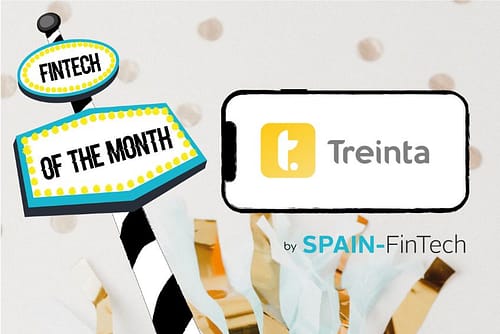There has been a silent revolution going on in the background, and that’s of open banking. One-by-one as banks comply with PSD2 regulation (explained below), more FinTechs are coming up with new products leveraging this new access to data and authorisation authority. Read on to find out which startups have entered this space and to better understand open banking.
PSD2 Legislation
The PSD2 (second Payment Services Directive) legislation will force banks to share – with customers’ consent – banking data with retailers, technology groups and FinTechs. Access to this information is opening opportunities for more innovation in the FinTech sector. There have been many examples of this already. This is because some countries are more ahead than others in implementing the changes ready for PSD2 compliance.
The legislation which was set to sweep across Europe in September 2019. It allow to open up the financial services industry in a secure way, as there will be tougher identity verification measures. In addition, online retailers will also be able to process transactions and bypass intermediaries such as Paypal or Visa. This will all result with products better suited to individual needs.
Open Banking Explained
Open banking is permitted as banks are obliged to create an open API system that allows access to account data. With this access, third-party providers are authorised to provide services using this bank data. Open banking will result with large traditional banks becoming more competitive with smaller banks and FinTechs. Hence, resulting in lower costs, better technology, and an enhanced customer service.
Open Banking Startup Examples
- Currensea offers a simple alternative to paying high foreign exchange fees or having to open a prepaid travel card account. Users are able to link their existing bank account to a Currensea card. Then, they can spend from their existing bank account abroad like normal, but via the Currensea card. The payments will go automatically from your original bank account, to the currensea account, then to the merchant. This added step is permitted by open banking, the Currensea account can then process the payment. Users can save money via Currenseas impressive singular flat 0.95% foreign exchange fee.
- Curve allows you to connect all of your debit cards onto their app. Each account is also linked with the Curve Card. You are able to choose which bank account to pay with, then the payment will be processed through the Curve Card. In addition you can view the balances and transactions of each account. In essence Curve is a wallet for your bank accounts, and the wallet is linked to a smart card. Meaning you can leave your other cards at home.
- BudgetBakers is similar to Curve in the sense that it also aggregates your separate banks’ data. However BudgetBakers is in the business of helping you with your personal finances. On the app you are able to have a holistic view of all of your incomes and outcomes (current accounts, credit cards, savings balances ect). These are also segmented and analysed. Ongoing bills, debts, comprehensive graphs with your cashflow amongst other features are available via the app.





[…] Open banking is initiative which is in compliance with the PSD2 legislation (second Payment Services Directive). This was set by the EU to enhance the sharing of banking data with third parties. The aim is to enhance competition and allow for innovative new FinTechs to offer better services to customers, in collaboration with their banks. The UK government has been welcoming this change. However, other EU countries are late in implementing this regulation to their top banks, meaning they still hold a monopoly over customers’ data. […]